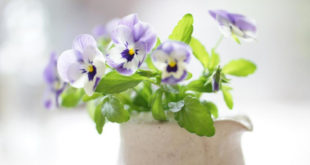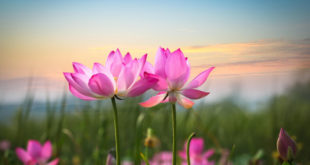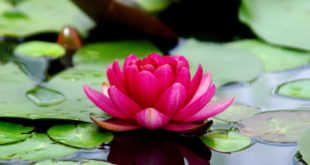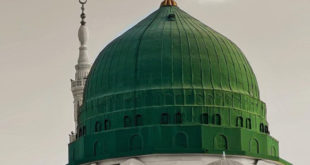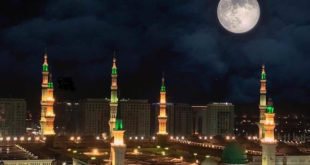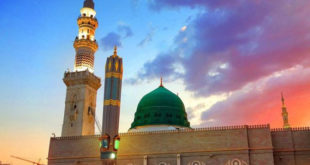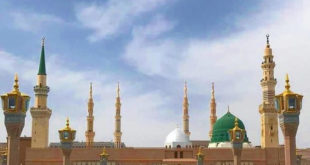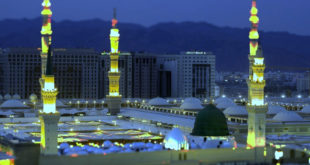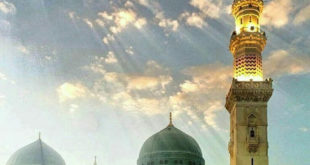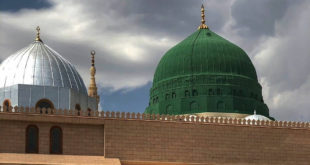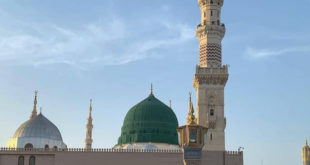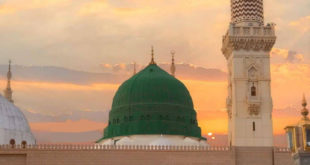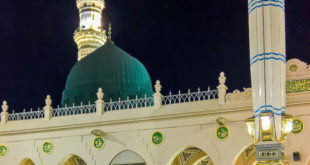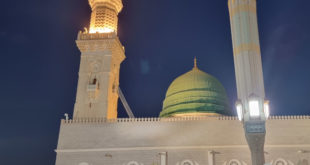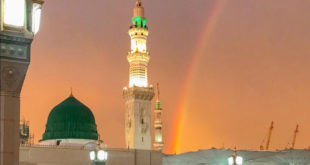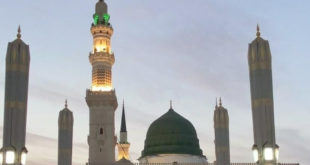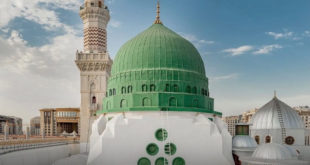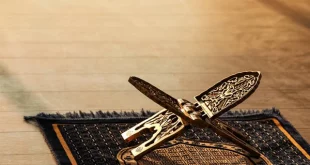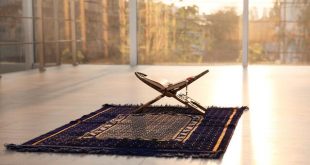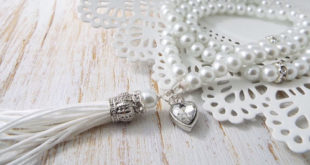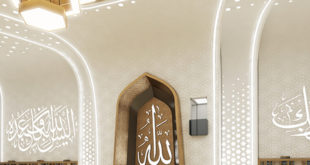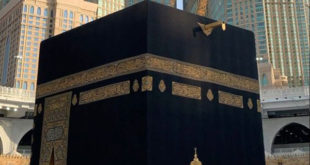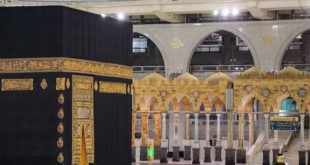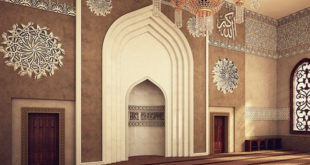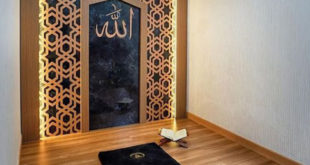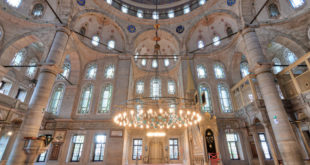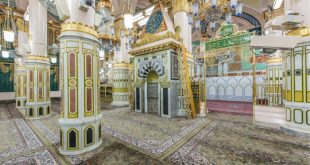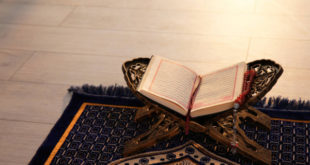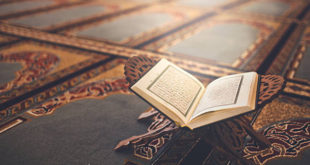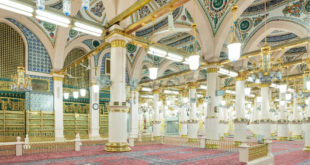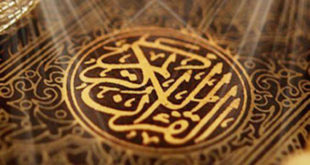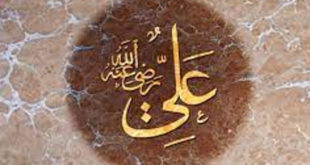Ruling of ghusal for a deceased male when there are no Muslim males present If a man passes away and there are no Muslim males present to give him ghusal, rather there are only females present, then: If he is married, his wife should give him ghusal. It is impermissible …
Read More »Recent Posts
January, 2012
-
28 January
The Collapse of the Fourteen Towers of Kisra’s Palace
On the eve of the birth of Nabi (Sallallahu Alaihi Wasallam), an earthquake shook the palace of Kisra, the Persian King, causing fourteen towers of the palace to collapse. The fire in the temple of Persia, which had been burning continuously for a thousand years was suddenly extinguished and Lake …
Read More » -
23 January
Viewing the Face of the Deceased and Taking Photos of the Deceased
It is only permissible for mahram women of a deceased male to see his face. Similarly only the mahram males may view the face of a deceased female.[1] It is not permissible to take photos of people who are living or people who have passed away. Hence, taking a photo …
Read More » -
23 January
Masaa’il Pertaining to Giving Ghusal and Enshrouding Deceased Children
A boy and girl who are close to the age of puberty will be enshrouded in the same manner that a baaligh male and female are enshrouded.[1] As far as minors who are not close to the age of puberty are concerned, it is best to enshroud a minor …
Read More »
December, 2011
-
29 December
The auspicious birth
At the break of dawn on Monday the 8th of Rabi Ul-Awwal, corresponding to April 570 A.D., in the Holy city of Makkah Mukarramah, in the house of Abu Taalib, the greatest of mankind, the leader of the progeny of Aadam, Muhammad Mustafa (Sallallahu Alaihi Wasallam) entered this world. It …
Read More »
-
Tafseer of Surah Naazi’aat
وَ النّٰزِعٰتِ غَرۡقًا ۙ﴿۱﴾ وَّ النّٰشِطٰتِ نَشۡطًا ۙ﴿۲﴾ وَّ السّٰبِحٰتِ سَبۡحًا ۙ﴿۳﴾ فَالسّٰبِقٰتِ سَبۡقًا ۙ﴿۴﴾ …
Read More » -
The Extreme Generosity of Hazrat Talhah (radhiyallahu ‘anhu)
-
Securing the Blessings of Ramadhaan, Umrah and Hajj – The Tolerance of Rasulullah (sallallahu ‘alaihi wasallam) – The Orchards of Love – Part Seventy Three
-
Receiving the title of Al-Fayyadh from Rasulullah (sallallahu ‘alaihi wasallam)
-
Hazrat Talhah (radhiyallahu ‘anhu) Fulfilling his Pledge
-
Receiving Seventy Rewards
Hazrat Abdullah bin Amr bin Aas (radhiyallahu ‘anhuma) reported, “Whoever sends salutations upon Nabi (sallallahu ‘alaihi wasallam) once, Allah Ta‘ala and His angels will send seventy mercies and blessings upon him in return of his one Durood. Hence, whoever wishes to increase his Durood should increase it, and whoever wishes to decrease his Durood should decrease it (i.e. if he wants to earn great rewards, then he should increase his Durood).”
Read More » -
Increase in Sustenance
-
The Reward of Fasting on the Day of Arafah
-
The Angel that Stands at the Blessed Grave of Hazrat Rasulullah (sallallahu ‘alaihi wasallam) to Convey the Durood of the Ummah
-
Reciting Durood when Entering the Musjid
-
Sunnats and Aadaab of the Host – 2
2. Entertaining and hosting guests is a means of attaining great barakah (blessings) from Allah …
Read More » -
Sunnats and Aadaab of the Host – 1
-
Sunnats and Aadaab which every person needs to adhere to in his individual life – 9
-
Sunnats and Aadaab which every person needs to adhere to in his individual life – 8
-
Sunnats and Aadaab which every person needs to adhere to in his individual life – 7
-
Hazrat Ali (radhiyallahu ‘anhu) – Part Forty-One – Being Sent by Rasulullah (sallallahu ‘alaihi wasallam) to Level the Graves, Destroy Idols and Erase Pictures
Hazrat Ali (radhiyallahu ‘anhu) reports that on one occasion, Rasulullah (sallallahu ‘alaihi wasallam) attended a …
Read More » -
Rasulullah (sallallahu ‘alaihi wasallam) Approving of the Verdict of Hazrat Ali (radhiyallahu ‘anhu) – Part Forty
-
The True Ulamaa – Hazrat Ali (radhiyallahu ‘anhu) – Part Thirty Nine
-
Du‘aa for Assistance in Settling Debts – Hazrat Ali (radhiyallahu ‘anhu) – Part Thirty Eight
-
The Concern of Hazrat Ali (radhiyallahu ‘anhu) regarding Business being Conducted According to the Islamic Principles – Part Thirty Seven
 Ihyaaud Deen An Effort to Revive Deen in Totality
Ihyaaud Deen An Effort to Revive Deen in Totality

